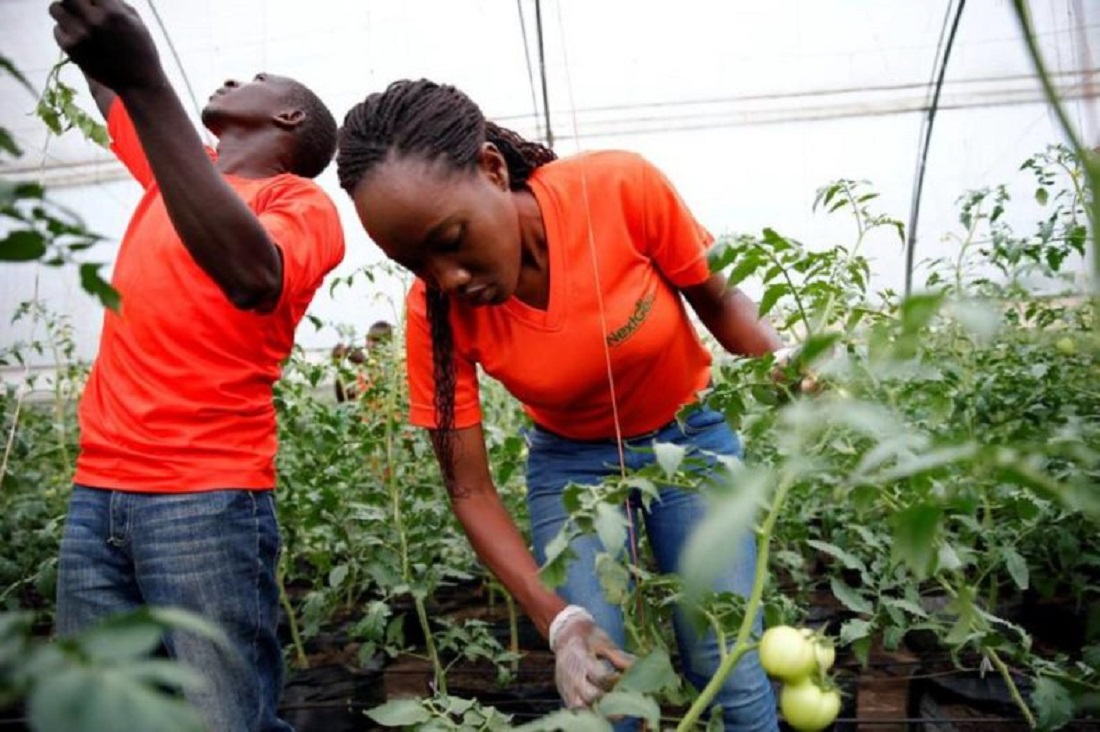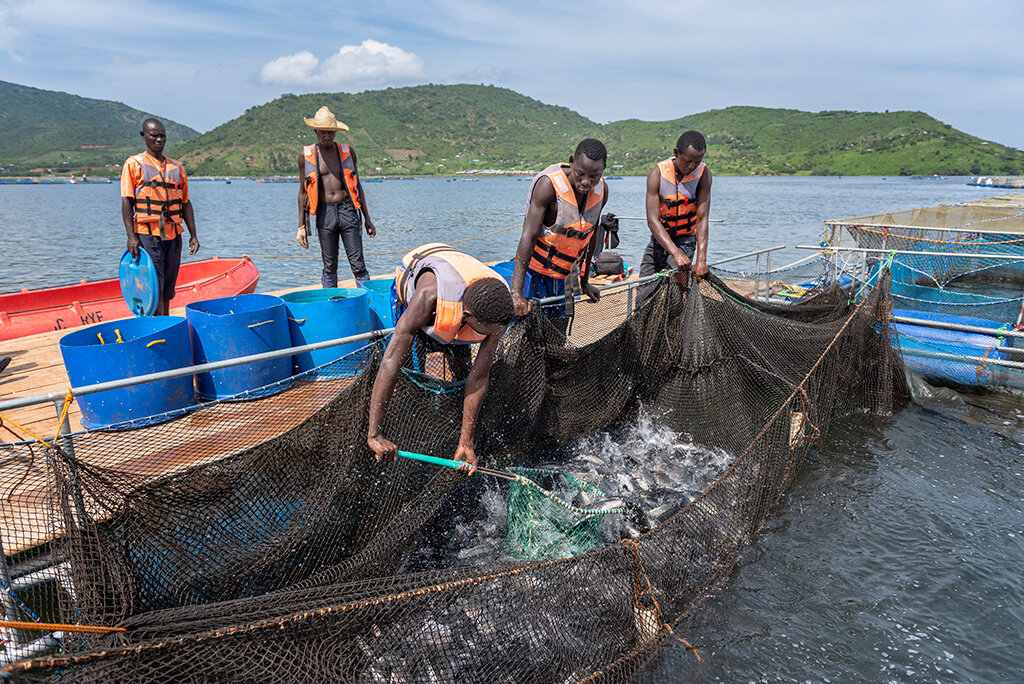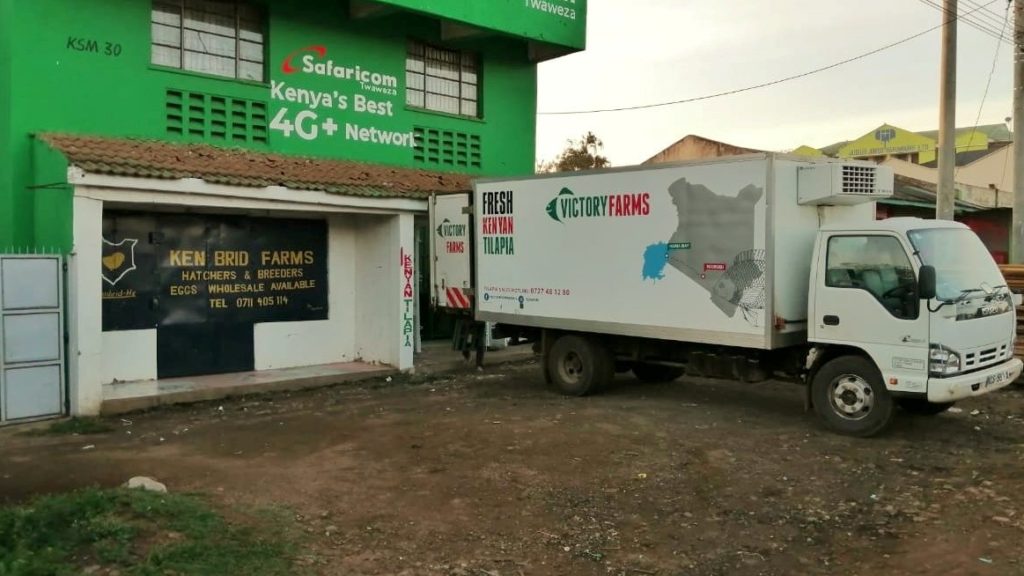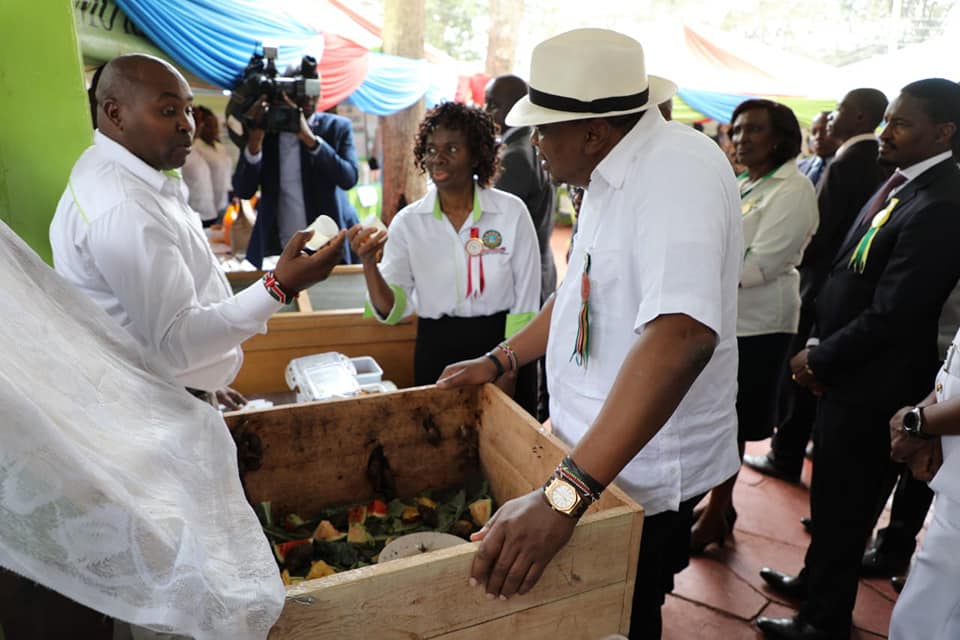
By George Munene
The AgriBiz programme seeks to accelerate the engagement of women and youth in agribusiness. The Shs 5.1 billion initiative is looking to fund 2,400 women and youth-led agribusiness enterprises across Kenya.
AgriBiz is funded by the Danish International Development Agency(Danida) and European Union(EU). Counties considered by the programme are Machakos, Kisii, Uasin Gishu, Isiolo, Bungoma, Meru, Kiambu, and Kilifi. However, regional economic blocks adjacent to these select counties will also benefit.
Related News: Ministry of agriculture sets up Sh48M credit fund for miraa farmers
Related News: Safaricom Foundation Youth in Agribusiness programme funds 800 farmers in Kajiado
The project is expected to create 17,000 job opportunities.
Applicants will be required to apply to be incubated in eight one of the eight Business Hub (BIH) that is nearest to their county.
The BIHs will provide training, business advisory, and financing. These skills will be used in scaling their agribusinesses.
Related News: Coffee fund launches pre-crop finance for smallholders
Other partners in the programme are the African Development Bank (AfDB) and Kenya Climate Innovation Center (KCIC).
Write comment (0 Comments)


















